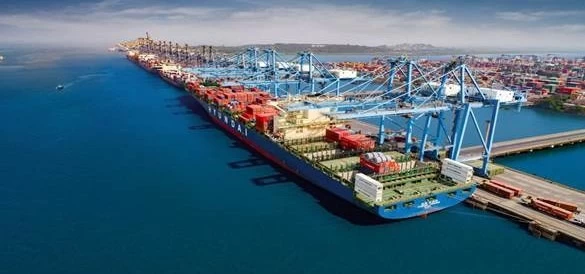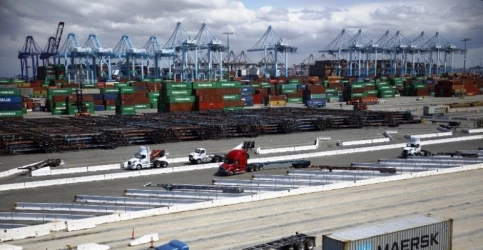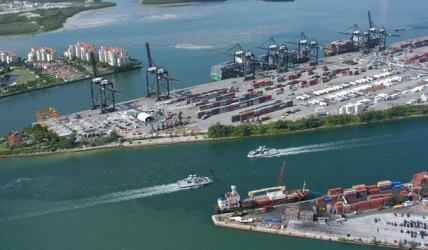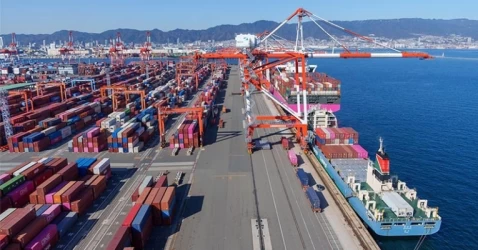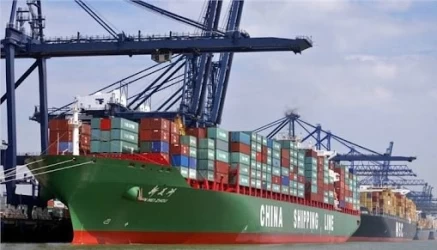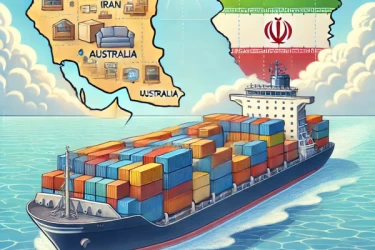Sea Freight in Jawaharlal Nehru Port
Jawaharlal Nehru Port, also known as Nhava Sheva, is India’s largest container port and a critical hub for international trade. Located on the eastern shores of the Arabian Sea in Navi Mumbai, Maharashtra, it plays a pivotal role in the maritime logistics of India. The port is named after Jawaharlal Nehru, the first Prime Minister of India, and has been operational since May 26, 1989.
Historical Background
The port was established to alleviate the congestion at Mumbai Port and to cater to the increasing demands of international trade. Over the years, it has grown to become the premier container handling port in India, consistently crossing 4 million TEUs (Twenty-foot Equivalent Units) in container throughput from 2016 to 2021.
Infrastructure and Facilities
Jawaharlal Nehru Port is equipped with state-of-the-art facilities that enable it to handle a significant volume of cargo. The port has a total of four terminals:
- JNPT Container Terminal: Operated by the Jawaharlal Nehru Port Trust (JNPT), this terminal has a quay length of 680 meters with three berths.
- Nhava Sheva International Container Terminal (NSICT): Leased to a consortium led by P&O, now part of DP World.
- Gateway Terminals India (GTI): Operated by APM Terminals and the Container Corporation of India (CONCOR).
- Nhava Sheva (India) Gateway Terminal (NSIGT): The newest terminal, operated by DP World.
The port also boasts a full-fledged Customs House, 30 Container Freight Stations, and connectivity to 52 Inland Container Depots across the country. The hinterland connectivity is further strengthened by ongoing projects like the Dedicated Freight Corridor (DFC), which will increase the existing train capacity from 27 to 100 trains per day.
Cargo Handling and Throughput
Jawaharlal Nehru Port handles a diverse range of cargo, including bulk, break-bulk, liquid, and containerized cargo. In the fiscal year 2023-24, the port handled 7.07 million tonnes of bulk cargo and 78.05 million tonnes of containerized cargo. The annual container volume reached 5,835,650 TEUs in the same period.
International Connectivity
The port has a robust network of shipping lines connecting it to over 100 ports in more than 50 countries worldwide. This extensive connectivity makes it a vital gateway for international trade, facilitating the import and export of goods to and from India.
Recent Developments and Upgrades
As of January 2023, Jawaharlal Nehru Port is undergoing significant upgrades with the help of a $131 million loan agreement signed between the Asian Development Bank (ADB) and Nhava Sheva Freeport Terminal Private Limited (NSFTPL). These upgrades aim to improve the terminal’s infrastructure, increase its container handling capacity, upgrade existing berths and yards, and install energy-efficient equipment. The goal is to attract more vessels and make international trade more efficient, transparent, and sustainable.
Economic Impact
Jawaharlal Nehru Port is a crucial component of India’s economy. It handles more than 60% of the country’s total container traffic. The port’s strategic location near major industrial and commercial centers like Mumbai, Navi Mumbai, and Pune further enhances its importance. The proximity to airports, hotels, and exhibition centers gives the port an extra edge in addressing the needs of shippers efficiently and promptly.
Future Prospects
The future of Jawaharlal Nehru Port looks promising with ongoing and planned infrastructure projects aimed at enhancing its capacity and efficiency. The completion of the Dedicated Freight Corridor and the Multi-Modal Logistics Park (MMLP) will further strengthen the port’s connectivity and operational capabilities. These developments are expected to solidify the port’s position as a leading maritime hub in the region.
Conclusion
Jawaharlal Nehru Port, with its advanced infrastructure, strategic location, and extensive connectivity, plays a vital role in India’s maritime logistics and international trade. The ongoing upgrades and future projects promise to enhance its capabilities further, making it a cornerstone of India’s economic growth and development.
If you have any specific questions or need more details about Jawaharlal Nehru Port, feel free to ask!

